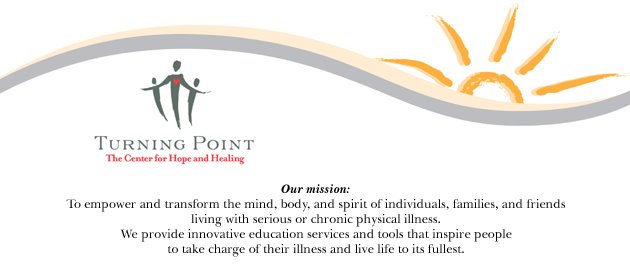Friday, April 23, 2010
How Stress and Our Emotions are Connected
But, there’s more to think about – namely, humans have an emotional response to everything that happens to them.
Every second of every day, we respond both mentally and emotionally to everything that happens to us. Here is why: everything that happens is processed in the subcortical part of the brain (also known as the limbic system or stream of emotion). Everyone responds in this way; it’s the way humans are wired.
At the base of the subcortical part of your brain is the hypothalamus. The hypothalamus governs the Autonomic Nervous System (fight/flight response) and basic functions of the body. It also controls sympathetic firing – whether or not you go into that fight/flight state.
So an event happens – let’s say a driver runs a red light and narrowly avoids hitting you. Your reaction is processed in the emotional part of the brain. As you silently (or not) curse the other driver’s carelessness your brain is busy. Chances are you found the incident stressful. Your hypothalamus reacts, you go into the fight/flight state and your hands get cold (remember if your hands are cold - and you’re not outside in very cold weather or have a medical condition that causes it - then you are in the fight/flight state).
The above is an obvious example of how you respond emotionally to events. But we also respond emotionally when we are stuck in traffic or grocery lines that are too long – or when we wake up in the morning and realize that our “to do” list is longer than we have time for. Remember we have a mental and emotional response to everything that we encounter.
Reversing the fight/flight state isn’t difficult if you practice self-calming techniques (please see last week’s blog for some simple techniques).
Be aware that there are thousands of different relaxation/meditation techniques. Some will work better for you than others. However, deep breathing is the basis of any relaxation or meditation technique. A good basic book on the subject is called “The Relaxation Response” by Herbert Benson M.D. To read further, go to http://www.massgeneral.org/bhi/basics/rr.aspx.
Next week I’m going write about how stress affects your memory.
Tuesday, April 13, 2010
Taking a Tiger by the Tail
If we meet a tiger occasionally, our brains can handle the associated stress (if we get the recovery time). However, our bodies are not built to have tigers on our doorsteps for days, weeks, or months. When this happens, our bodies break down.
When you meet a tiger, your brain puts your body into a fight/flight state. The fight/flight state can be recognized if you know what to look for. Why look? Because, if you can train yourself to reverse the state, you can decrease the stress on your body.
Symptoms of the fight/flight state include:
- Pupils dilate to let more light in
- Air pathways dilate to let more air into the lungs
- Saliva becomes sticky so it doesn’t flow into the lungs
- Blood vessels in the skin constrict so the blood can coagulate, therefore your hands and feet get very cold.
- Blood leaves the intestines and goes to the skeletal muscles to prepare you to fight or flee for your life.
- Heart pumps and blood pressure rises
- Breathing becomes shallow
- Palms of hands become sweaty
One of the ten facets of resilience is the ability to self-calm. If you can identify the symptoms of stress and learn self-calming techniques, you will be able to reverse the fight/flight response and recover quickly from stressors.
Some of the best ways to self-calm and replenish yourself:
Tuesday, April 6, 2010
Are You Resilient?
Do you ever wonder why some people keep their cool, bounce back and recover quickly in the face of criticism, daily hassles and major life changes?
What do they have in common?
What makes them truly great at what they do, at how they handle life?
They are resilient
Resilience is what great minds have in common; it is the differentiator between good and great, the human variance that allows some to achieve enduring success. It is the new mandate for personal success.
For the next ten weeks, I’m going to share some resilience tips with you. In this series you will learn applicable, daily exercises to help you achieve resilience and greater personal balance, enhance creativity, increase effectiveness on the job and in personal relationships, and attain greater physical health.
What can you expect to gain by improving your resilience?
You will:
- Think more clearly
- Concentrate more easily
- Become more intuitive – better able to trust your gut
- Feel more committed and in control of your life
- Feel more in control of your emotions
- Feel less critical of yourself and others
- Find more meaning in your life experiences
- Be hopeful
- Become more optimistic
- Be happier
- Have more fun
- Be able to handle anything that comes your way
Stay tuned – more to come next week!
Moira
